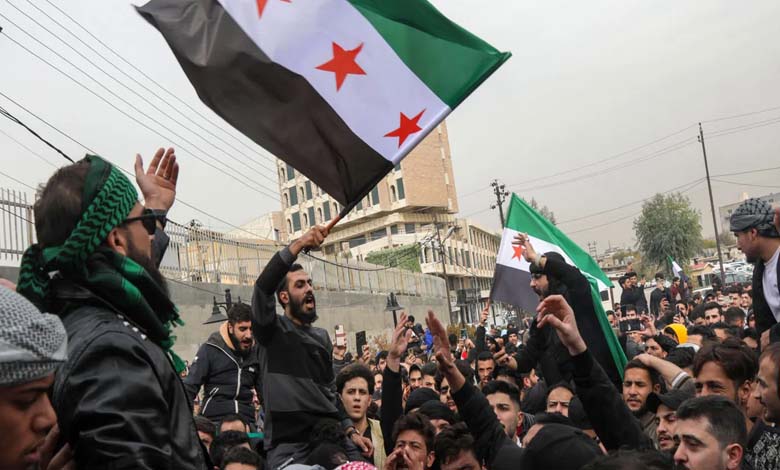Syria Welcomes Multi-Billion Dollar Investments for Post-War Reconstruction

On Wednesday, Syria signed agreements worth over $14 billion, including investments in Damascus International Airport and other projects in the transport and real estate sectors, according to official media reports.
-
Israel Fears a New October 7 from Syria and Strengthens Borders with Barriers and Additional Forces
-
Clashes near Sweida shatter ceasefire: Washington urges Syrians to build a new unified identity
Since the ousting of Bashar al-Assad in December, the new Syrian authorities have been actively working to attract investment aimed at rebuilding infrastructure damaged during the war.
During the signing ceremony at the presidential palace, Talal Hilali, head of the Syrian Investment Authority, announced: “Today, we unveil a set of major strategic projects, totaling twelve in number, with a combined value of 14 billion US dollars.”
The plans include a $4 billion investment in Damascus Airport, a $2 billion metro project, and over $2 billion for the development of a commercial center and high-rise towers.
-
Have the Muslim Brotherhood Lost Their Last Card in the Syrian Arena?
-
Trump Ends Sanctions on Syria as Israel Signals Interest in Normalization
These projects go beyond mere reconstruction, aiming to create a “qualitative shift in infrastructure and economic life,” according to Hilali.
While the scale of the deals remains small compared to United Nations estimates that place Syria’s reconstruction needs at over $400 billion, these agreements represent a strong and hopeful beginning.
The signing ceremony was attended by Syrian President Ahmed al-Sharaa and US Special Envoy to Syria, Thomas Barrack, highlighting the international support for these initiatives.
-
Germany Refuses to Repatriate ISIS Fighters: Syria’s Delayed Justice Dilemma
-
Israel Announces Arrest of Hamas Operatives – Details of the Night Operation in Syria
Barrack congratulated Syrian authorities on this “major achievement,” noting that it paves the way for a “new hub” of commerce and prosperity.
He linked economic recovery with political stability, stating that the road to rebuilding starts with securing peace and stability—echoing a widely held international view that investment can only thrive in a safe and secure environment.
Barrack also pointed to regional cooperation, mentioning Qatar’s UCC company and Turkish conglomerates Cengiz and Kalyon as key partners. This reflects a coordinated regional and international push to support Syria’s economic recovery, particularly following the lifting of sanctions that had previously hindered such cooperation.
-
Alarming Resurgence of ISIS in Syria Following al-Assad’s Fall
-
U.S. Troop Reduction in Syria Puts SDF in Disarray
These agreements are part of a broader trend of positive economic developments. In recent months, Syria has signed major investment deals with several foreign nations and corporations.
Last month, Saudi Arabia signed investment and partnership agreements with Syria worth $6.4 billion, signaling Riyadh’s intention to strengthen economic ties with Damascus.
In July, Syria concluded an $800 million deal with DP World to develop the Port of Tartus, underlining the country’s strategic importance on the Mediterranean.
-
Where Are Syria’s Muslim Brotherhood Headed? And What Is al-Sharaa’s Position Toward the Group?
-
Between Breaking Isolation and Renewing It: What Does the Lifting of Sanctions on Syria Really Mean? Experts Weigh In
In May, a $7 billion energy agreement was signed with a consortium of Qatari, Turkish, and American firms, aiming to revive Syria’s ailing energy sector.
Altogether, these developments indicate that Syria, following its regime change, is emerging as an attractive destination for global investors. The lifting of sanctions, combined with relative political stability, has opened the door for large-scale partnerships that could significantly contribute to the country’s rebuilding and the well-being of its citizens. This new trajectory reflects a clear understanding: lasting stability depends on economic recovery.












